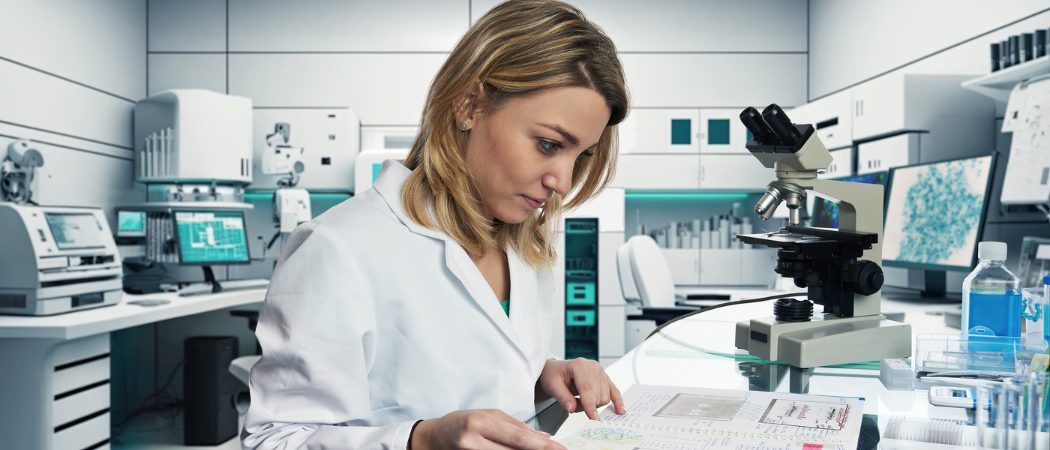The National Science Centre is calling for its overall budget to be doubled to €673M, saying it is now regularly having to turn down excellent proposals from researchers. The situation ‘has never been so dire’ its director tells Science|Business

Poland’s ability to fund basic research is being hard hit by high inflation and the government needs to step in with more money, the National Science Centre (NCN) has said.
Zbigniew Błocki, director of NCN, told Science|Business that these were unprecedently difficult times for the agency. “I’m used to the struggle every year for the budget but we’ve never been in such a dire situation in our 12-year existence,” he said.
NCN was set up in 2011 to support basic research and funds researchers through a variety of different grants. But soaring inflation in the past year means that it is having to reject research proposals that it would previously have funded. Poland’s annual inflation rate was 11.5% in June, far higher than the EU average of 5.5%.
In a normal year, NCN funds over 20% of proposals, sometimes up to 25%, but in the past year this has fallen to around 13%. NCN has warned that if the budget is not increased soon, this could fall to under 10%.
NCN has written to Przemysław Czarnek, minister of Science and Higher Education, to ask for an extra PLN 300 million (€67 million), to compensate for high inflation this year. More broadly, those in charge want the agency’s overall budget to be doubled to a total of PLN 3 billion, around €673 million.
Over the past five years, the amount requested by researchers via NCN has gone up by 59% to around just under €2 billion, but the grant-in-aid that the NCN receives from the state has increased just 13% in this time.
The €67 million requested in the letter is just a starting point. Błocki pointed out that even if the agency increased its grant funding rate to 25%, it would still be far off rates seen amongst similar agencies in other EU such as Germany and the Netherlands. As a case in point, NCN says that in Poland it would be a dream scenario to have a budget of PLN 3 billion, while in the Netherlands the agency has a budget of €2 billion. “And yet our researchers are expected to compete on the same field,” Błocki said.
The consequences of underfunding the NCN are multiple. Salaries offered under the grants are too low and do not match the current cost of living, putting researchers off applying for grants. This leads in some cases to them looking for opportunities abroad, or moving into the private sector.
“There are many negative aspects [of the lack of budget], particularly for young researchers,” Błocki said. “The NCN has been a stable way for them to develop their careers and to prevent the brain drain that we have experienced in Poland for many years. There will be less opportunities.”
A lack of funding for basic research is part of a wider trend in Poland and in other central and eastern European countries, where public spending on research is typically far lower than in northern and western European states.
Poland spends the equivalent of approximately 1.4% of its GDP on research and development, the latest EU figures from 2020 show. The average in the EU is 2.3%. Błocki said that he understands it is complicated for Poland to get up to around this average, but that support of competitive funding schemes – such as the NCN’s grants – is vital. “It improves the quality of science in the country,” he said.
The government has not formally responded to NCN’s letter, which was sent on June 5, but Błocki expects talks to begin some time over this summer. Science|Business contacted the the Ministry of Science and Higher Education for comment but did not receive a response.
Błocki is not overly optimistic that NCN’s demands will be met, but says it is necessary to try. “We have to keep up the pressure and that’s what we will do,” he said.





 A unique international forum for public research organisations and companies to connect their external engagement with strategic interests around their R&D system.
A unique international forum for public research organisations and companies to connect their external engagement with strategic interests around their R&D system.